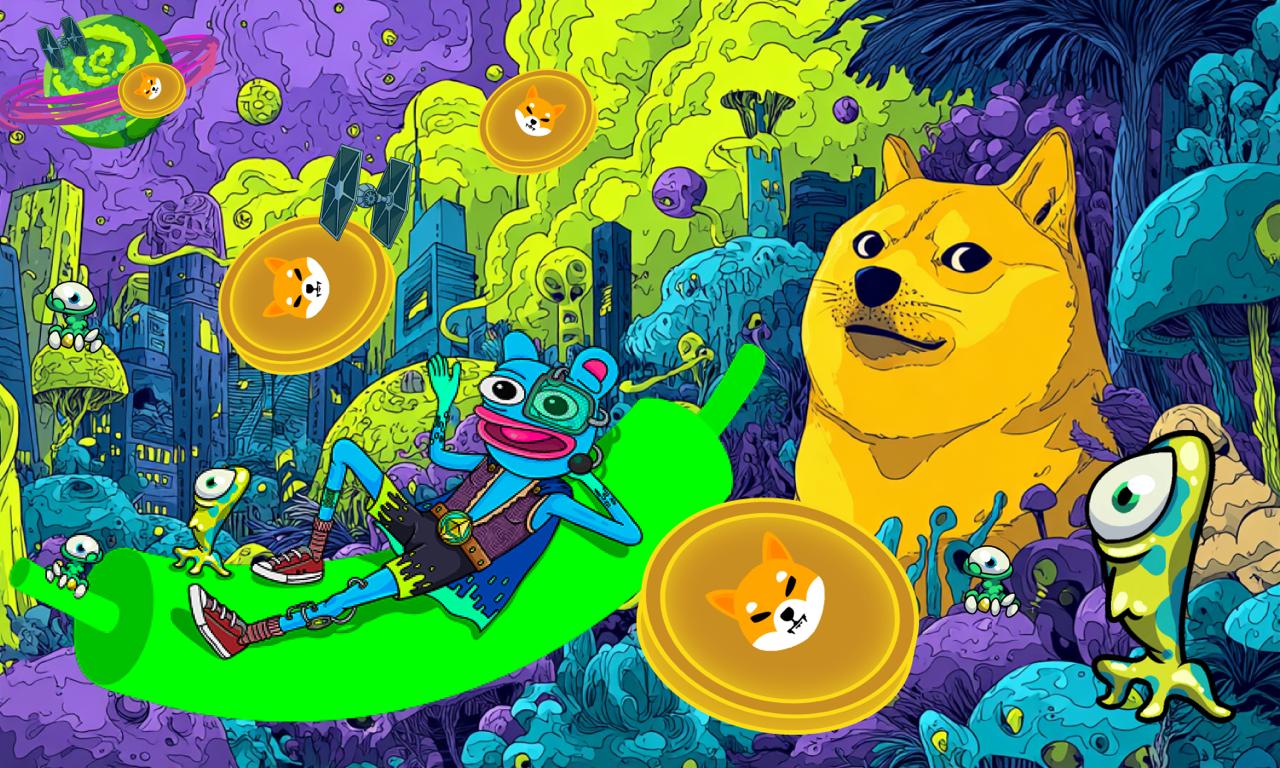AppBase is an AI-based platform that has announced a strategic partnership with REI Network, the gas-free blockchain invented by GXChain. The partnership represents a significant move in integrating artificial intelligence with a scalable and environmentally friendly blockchain infrastructure, and it will increase the ease of access for Web3 creators and users.
The purpose of both the undertakings is to streamline the implementation of decentralized applications and offer efficiency and scalability to the new generation of blockchain-based ecosystems.
REI Network: A Scalable and Gas-Free Blockchain
The REI Network has established itself as a future-ready blockchain, which is now optimized to support both DeFi and GameFi and the real world.
It is an Ethereum Virtual Machine (EVM)-compatible network that gives non-charged high performance to the developers and eliminates the friction of the traditional blockchain gas models.
The REI Network has high and reliable transaction rates and fast speed because it uses Delegated Proof of Stake (DPoS) + Byzantine Fault Tolerance (BFT) consensus mechanism.
The network faces a high level of adoption and operational maturity with over 14 million transactions, 270,000+ wallets, and 20 validators, which are already operating now.
And the holders of $REI also have the opportunity to stake tokens to receive $Crude, which is the gas option that is used to conduct transactions across the chain, building a self-sustaining ecosystem that is rewarding to participate in.
AppBase Brings AI-Driven Utility to TON and REI Ecosystems
A discovery and engagement platform, AppBase is based on The Open Network (TON) and is created to help people review and try mini-apps in a decentralized network and gain income.
This dimension of interaction with applications under the Trial2Earn model encourages active participation as a user receives a reward, which is a key feature of Web3 users, which is why it has a more active and creative user base.
With the integration with REI Network, AppBase is capable of capitalizing on zero-fee scalability to provide a better user experience and allow AI responses faster.
The deployment of mini-apps on the AppBase will expose the developers to high-performance blockchain infrastructure that facilitates an efficient implementation without the cost of the transaction, which produces a frictionless environment to innovate.
Building a Smarter, Greener Web3 Future
The collaboration between AppBase and the REI Network indicates the changing environment of AI and blockchain.
A joint collaboration between AppBase, with its smart automation built on the foundation of intelligent automation, and REI, blockchain with its modular and environmentally friendly properties, preconditions another generation of gasless, intelligent, and decentralized experiences of the Web3.
The common vision of both ecosystems of accessible, efficient, and sustainable Web3 is becoming more and more a reality as the two ecosystems proceed with expansion.
Source: https://blockchainreporter.net/appbase-partners-with-rei-network-to-accelerate-zero-fee-web3-innovation/



